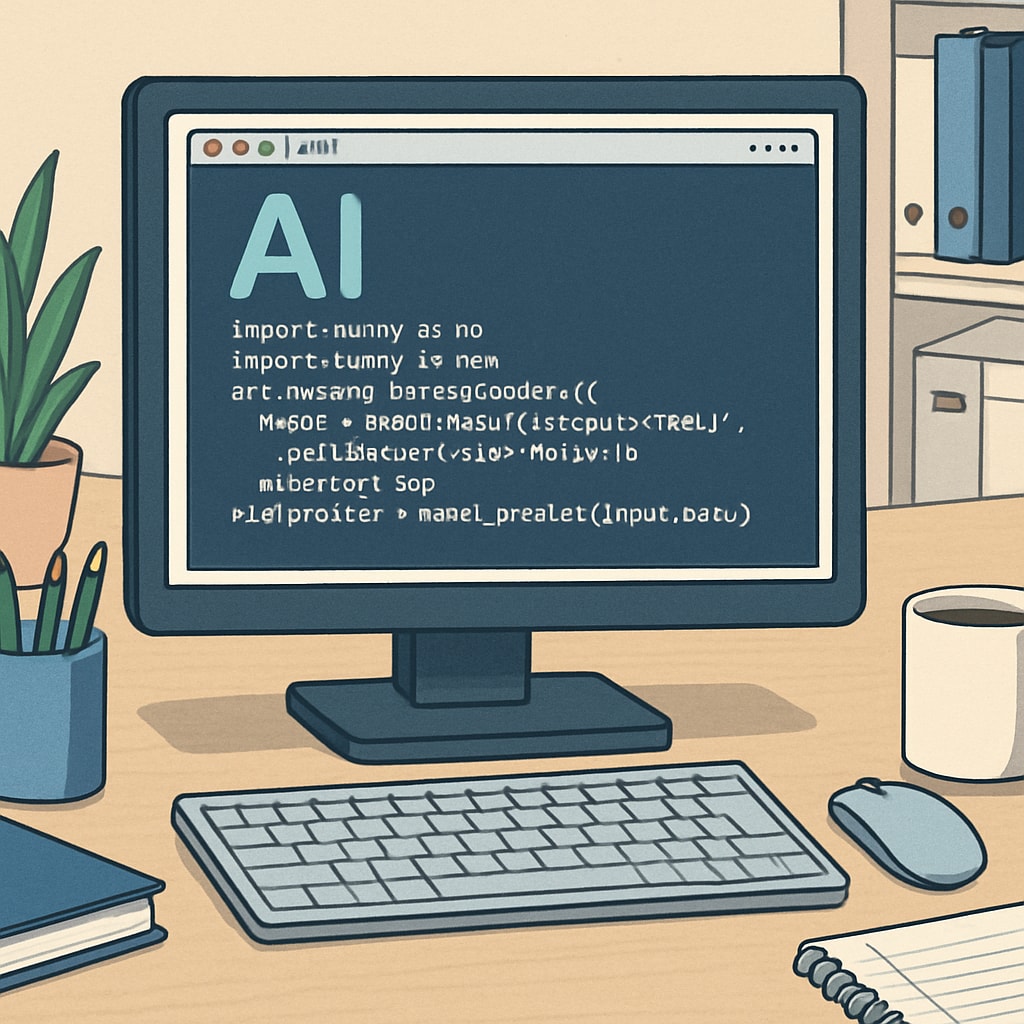In today’s rapidly evolving world, artificial intelligence (AI) is transforming industries and redefining the future of work. For teens, especially eighth graders, this creates a unique challenge when it comes to career choices. Should they pursue pathways like programming or engineering, or adapt to entirely new roles emerging in the AI landscape? These questions highlight the importance of career planning in the digital era, where uncertainty and opportunity go hand in hand.

Challenges in Choosing a Career Path in the AI Era
AI’s growing impact on the job market has sparked debates about the relevance of traditional career paths. For young students considering professions such as programming or engineering, the rapid automation of tasks raises concerns about job security and future demand. According to a Wikipedia article on Artificial Intelligence, AI technologies like machine learning and robotics are automating tasks previously handled by humans, leading to the decline of certain roles but also the creation of new ones.
For teens, the dilemma often revolves around understanding which skills and careers will remain relevant. While programming continues to be a critical skill in developing AI systems, engineering plays a pivotal role in designing and maintaining the physical and digital infrastructure that supports AI. This overlap can make choosing between these options confusing, especially for students who lack exposure to industry trends or professional guidance.
Opportunities for Teens in the AI-Driven Future
Despite the challenges, AI presents exciting opportunities for career growth. Roles such as AI ethicists, data scientists, and robotics engineers are becoming increasingly important. These careers require a blend of technical expertise, creativity, and problem-solving skills. According to Britannica’s insights on artificial intelligence, the demand for professionals who can integrate AI responsibly into society is on the rise. This highlights the importance of adaptability and a willingness to learn continually.
For eighth graders pondering their professional futures, developing foundational skills in STEM (science, technology, engineering, and mathematics) can be a strategic first step. Additionally, understanding the ethical implications of AI and its societal impact can provide a competitive edge in shaping their career trajectories.

Practical Steps to Plan Careers in the AI Era
To navigate career choices effectively in the AI era, teens can take the following steps:
- Explore Interests: Identify personal strengths and passions by engaging in activities like coding, robotics clubs, or science fairs.
- Seek Mentorship: Connect with professionals in programming and engineering fields to gain real-world insights.
- Develop Transferable Skills: Focus on skills like critical thinking, teamwork, and communication that are valuable across industries.
- Stay Informed: Keep up with trends in AI and emerging technologies to understand how these impact the job market.
- Invest in Continuous Learning: Enroll in online courses or certifications to build expertise in AI-related areas.
By following these steps, teens can prepare themselves for careers that align with their interests while remaining adaptable to the evolving demands of the AI-driven workforce.
Conclusion: Embracing the Future with Confidence
As artificial intelligence continues to reshape industries, teens face unique challenges and opportunities in planning their careers. By understanding the nuances between roles like programming and engineering, exploring emerging professions, and proactively developing skills, they can navigate the uncertainties of the digital era with confidence. The AI wave is not just a threat—it’s a chance to innovate and thrive.
Readability guidance: This article uses concise paragraphs, clear subheadings, and actionable advice to ensure readability. Lists summarize key points, while external links provide authoritative context.


